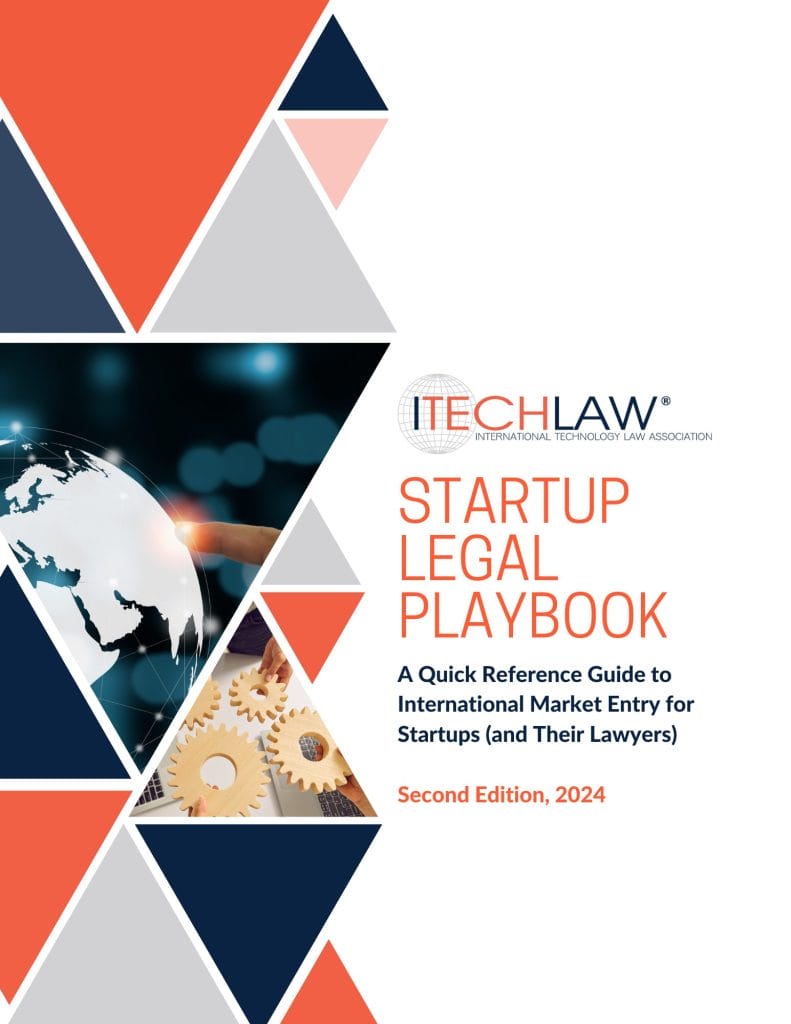By Jesse M. Coleman & Brian Wadsworth of Seyfarth Shaw LLP
The Texas Court of Appeals, Third District, issued an opinion in Tejas Vending, LP, et al. v. Tejas Promotions, LLC further delineating the applicability of Texas’s anti-SLAPP statute, the Texas Citizens Participation Act (“TCPA”). The Court emphasized that the TCPA was applicable to a conspiracy to misappropriate trade secrets claim, but found that it did not apply to requests for declaratory relief. This holding serves as a reminder that anti-SLAPP statutes can be a powerful shield in misappropriation of trade secret cases, particularly when such cases involve claims for an alleged conspiracy.
Fundamentally, the case before the Court was a breach of contract and misappropriations of trade secrets case. Appellee Tejas Promotions LLC (“Promotions”) is in the business of providing “sweepstakes promotion software” for electronic games that are placed within retail establishments, such as bars and pool halls. Appellant Bruce Craig (“Craig”) entered into negotiations with Promotions to purchase its assets and, in doing so, entered into a mutual non-disclosure agreement (“NDA”) with Promotions. The NDA recognized that the parties would share confidential information with one another and restricted the disclosure of that information. Promotions claimed that it shared information regarding its vendors, software, and clients with Craig during these negotiations and pursuant to the NDA.
When the purchase negotiations failed, Craig and his son, Tyler Craig, formed a competing entity, Tejas Vending, L.P. (“Vending”). Promotions alleged that Craig and Vending then used its confidential information to successfully solicit Promotions’ key upstream software vendor and various sub-licensees. Based on this, Promotions filed a lawsuit against Craig, his son, and Vending (the “Appellants”) for: (1) breach of the NDA; (2) misappropriation of trade secrets; (3) injunctive relief to protect Promotions’ confidential information; (4) conspiracy to misappropriate trade secrets based on Craig’s sharing of NDA-protected information with his son and Vending; and (5) various forms of declaratory relief.
Appellants responded to the lawsuit with a TCPA motion to dismiss and requested that the trial court dismiss Promotions’ conspiracy and declaratory relief claims, award Appellants’ attorneys’ fees, and impose sanctions.[1] Appellants alleged that these two claims were subject to the TCPA because they were “based on, relate[d] to, or [were] in response to” Appellants’ “exercise of the right of association.” This prompted Promotions to non-suit its conspiracy claim and modify the declaratory relief it sought in a subsequent pleading. The trial court then denied Appellants’ motion and Appellants appealed.
In overturning the trial court’s decision on the non-suited[2] conspiracy claim, the Court noted that Promotions’ conspiracy claim rested on allegations that the co-conspirators communicated about Promotions’ trade secrets in violation of the NDA. The Court analogized this to one of its previous holdings—Elite Auto Body LLC v. Autocraft Bodywerks, Inc.—in which it held that “with respect to the movant’s initial burden … [the TCPA] extends considerably beyond the constitutional ‘right of association.’” (emphasis in original). Based on this, the Court found that Appellants met their burden by demonstrating that the TCPA applied because they showed that the complained-of communications by Craig related to the Appellants’ right of association. Accordingly, because the TCPA applied, the Court found dismissal of the conspiracy claim appropriate because Promotions made no effort to “establish[] by clear and specific evidence a prima facie case for each essential element of the claim….”
In contrast, the Court affirmed the trial court’s denial of Appellants’ motion to dismiss with respect to Promotions’ requests for declaratory relief. The Court noted that declaratory relief is a type of a relief and did not meet the definition of “legal action” under the TCPA. Unlike Promotions’ conspiracy claim, the declaratory relief claims “merely concern issues that are subsumed within” the other causes of action. Accordingly, declaratory relief was not a “legal action,” meaning the TCPA did not apply.
[1] The TCPA requires dismissal of a party’s claims if the movant shows, inter alia, that the claims are “based on, relate[d] to, or [were] in response to” the movant’s “exercise of the right of association.” The non-moving party can then only avoid dismissal if it provides by clear and specific evidence a prima facie case for each essential element of the claim. See Tex. Civ. Prac. Rem. Code Chapter 27.
[2] The Court found that Promotions’ non-suit of its conspiracy claim did not prevent Appellants’ from maintaining its TCPA motion or prevent Appellants’ recovery of their attorneys’ fees incurred in responding to the conspiracy claim prior to its dismissal.




